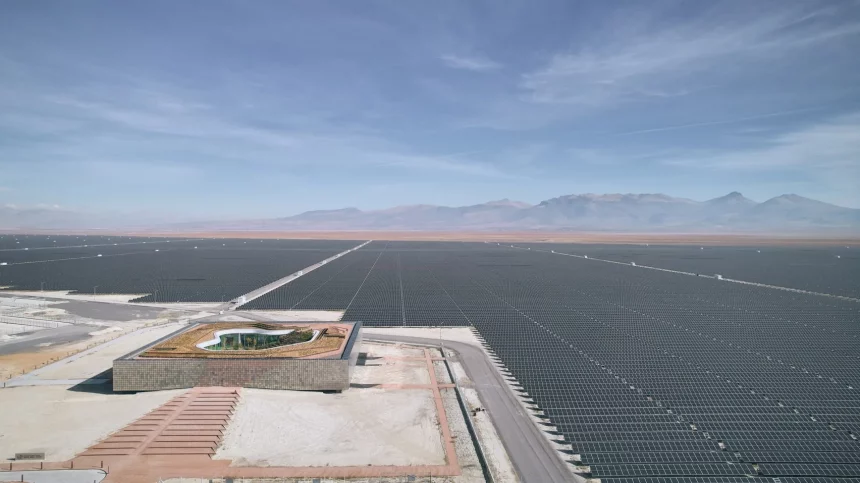Bilgin Architects, based in Istanbul, have designed a striking control centre in Karapinar, Turkey, wrapped in shimmering steel panels. The Turkish government has entered into a $1 billion agreement with the World Bank to promote the expansion of renewable energy in the country. This initiative aims to increase Turkey’s renewable energy capacity, support sustainable development, and combat climate change. The program will focus on creating a domestic market for distributed solar energy and launching a pilot project for battery energy storage. The Development and Investment Bank of Turkey and the Industrial Development Bank of Turkey will execute the program, with funding provided by the World Bank’s IBRD and Clean Technology Fund. Turkey has set ambitious goals to raise its total power capacity to 190 GW by 2035, with wind and solar making up 75% of new additions. The country has a rich history with renewable energy, driven by its diverse geography. Turkey has made significant progress in renewable energy, including wind and solar power, and has seen substantial private sector participation in the sector. The country’s energy strategy includes discussions on nuclear power, with the Akkuyu Nuclear Power Plant being a key component. The debate over nuclear energy in Turkey reflects broader global discussions about sustainable energy futures. Turkey’s involvement in supporting certain organizations labeled as terrorist groups by various countries has been a contentious issue. Critics argue that Turkey has provided support to groups like Hamas and factions within the Syrian opposition, while the government refutes these claims. Turkey’s path towards a sustainable energy future involves balancing renewable energy targets with potential nuclear energy integration. The recent agreement with the World Bank underscores Turkey’s commitment to enhancing renewable energy deployment amidst a complex political environment.





